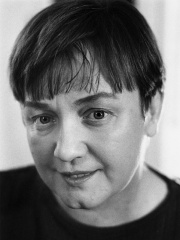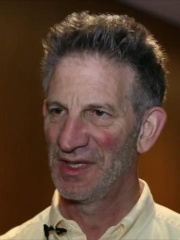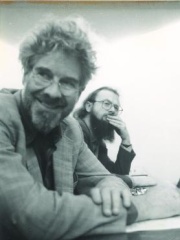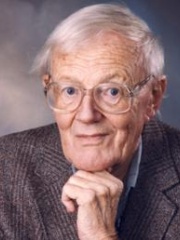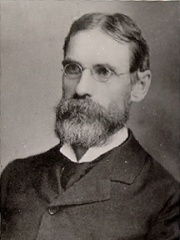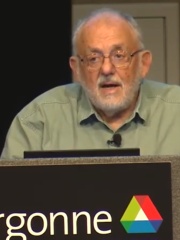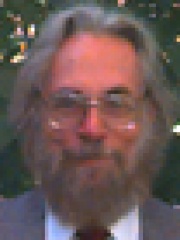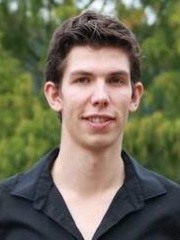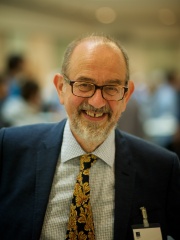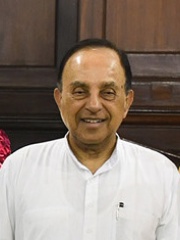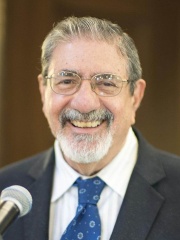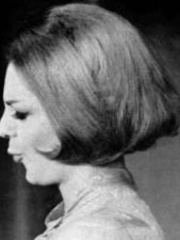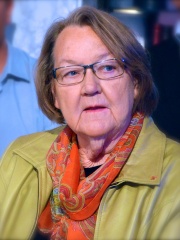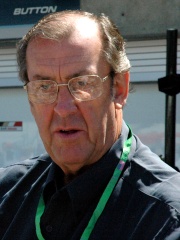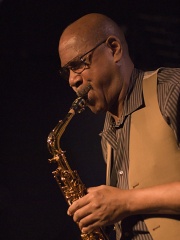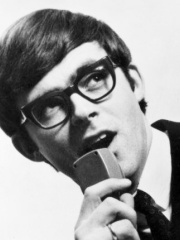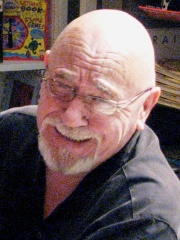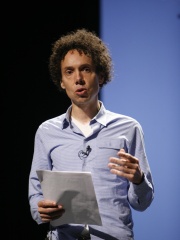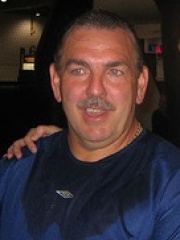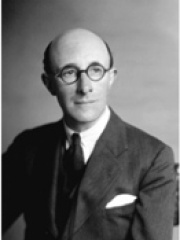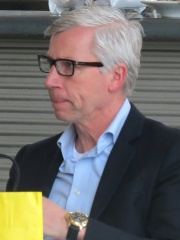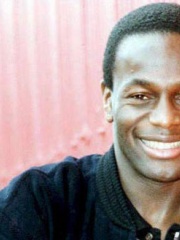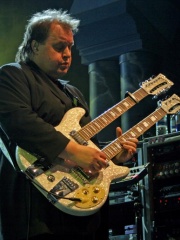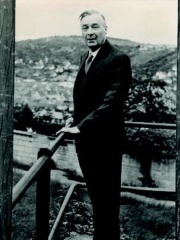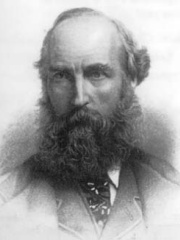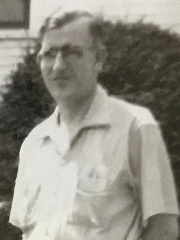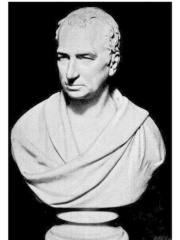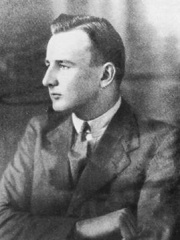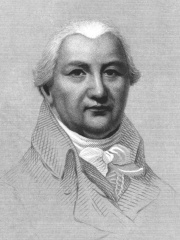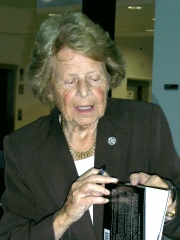Mathematician
Neil Sloane
1939 - today
EN.WIKIPEDIA PAGE VIEWS (PV)
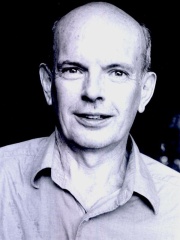
 Neil Sloane
Neil Sloane
Neil James Alexander Sloane FLSW (born October 10, 1939) is a British-American mathematician. His major contributions are in the fields of combinatorics, error-correcting codes, and sphere packing. Sloane is best known for being the creator and maintainer of the On-Line Encyclopedia of Integer Sequences (OEIS). Read more on Wikipedia
His biography is available in 17 different languages on Wikipedia. Neil Sloane is the 944th most popular mathematician (up from 945th in 2024), the 5,573rd most popular biography from United Kingdom (up from 5,642nd in 2019) and the 102nd most popular British Mathematician.
Memorability Metrics
Page views of Neil Sloane by language
Among Mathematicians
Among mathematicians, Neil Sloane ranks 944 out of 1,004. Before him are Krystyna Kuperberg, Nikolai Durov, Peter Sarnak, Christopher Zeeman, W. T. Tutte, and Ormond Stone. After him are Cleve Moler, Norman Johnson, Edward Charles Titchmarsh, James Maynard, Nigel Hitchin, and Alexander Aitken.
Most Popular Mathematicians in Wikipedia
Go to all RankingsKrystyna Kuperberg
1944 - Present
HPI: 51.19
Rank: 938
Nikolai Durov
1980 - Present
HPI: 51.17
Rank: 939
Peter Sarnak
1953 - Present
HPI: 51.14
Rank: 940
Christopher Zeeman
1925 - 2016
HPI: 51.07
Rank: 941
W. T. Tutte
1917 - 2002
HPI: 51.04
Rank: 942
Ormond Stone
1847 - 1933
HPI: 51.01
Rank: 943
Neil Sloane
1939 - Present
HPI: 50.92
Rank: 944
Cleve Moler
1939 - Present
HPI: 50.85
Rank: 945
Norman Johnson
1930 - 2017
HPI: 50.34
Rank: 946
Edward Charles Titchmarsh
1899 - 1963
HPI: 50.24
Rank: 947
James Maynard
1987 - Present
HPI: 50.21
Rank: 948
Nigel Hitchin
1946 - Present
HPI: 50.16
Rank: 949
Alexander Aitken
1895 - 1967
HPI: 50.03
Rank: 950
Contemporaries
Among people born in 1939, Neil Sloane ranks 588. Before him are Subramanian Swamy, Richard Zare, Carole Shelley, Viktor Shustikov, Marit Paulsen, and Terry Paine. After him are David Hobbs, Sonny Fortune, Odd Børre, Brian Jacques, Cleve Moler, and Nur Misuari.
Others Born in 1939
Go to all RankingsSubramanian Swamy
POLITICIAN
1939 - Present
HPI: 51.06
Rank: 582
Richard Zare
CHEMIST
1939 - Present
HPI: 51.06
Rank: 583
Carole Shelley
ACTOR
1939 - 2018
HPI: 51.01
Rank: 584
Viktor Shustikov
SOCCER PLAYER
1939 - 2025
HPI: 50.98
Rank: 585
Marit Paulsen
WRITER
1939 - 2022
HPI: 50.97
Rank: 586
Terry Paine
SOCCER PLAYER
1939 - Present
HPI: 50.96
Rank: 587
Neil Sloane
MATHEMATICIAN
1939 - Present
HPI: 50.92
Rank: 588
David Hobbs
RACING DRIVER
1939 - Present
HPI: 50.91
Rank: 589
Sonny Fortune
MUSICIAN
1939 - Present
HPI: 50.90
Rank: 590
Odd Børre
SINGER
1939 - 2023
HPI: 50.87
Rank: 591
Brian Jacques
WRITER
1939 - 2011
HPI: 50.87
Rank: 592
Cleve Moler
MATHEMATICIAN
1939 - Present
HPI: 50.85
Rank: 593
Nur Misuari
POLITICIAN
1939 - Present
HPI: 50.67
Rank: 594
In United Kingdom
Among people born in United Kingdom, Neil Sloane ranks 5,575 out of NaN. Before him are John Aldridge (1958), Ted Burgin (1927), Malcolm Gladwell (1963), Neville Southall (1958), Michaela Coel (1987), and Tulisa (1988). After him are E. B. Ford (1901), Stuart Baird (1947), Alan Pardew (1961), David Hobbs (1939), Justin Fashanu (1961), and Steve Rothery (1959).
Others born in United Kingdom
Go to all RankingsJohn Aldridge
SOCCER PLAYER
1958 - Present
HPI: 50.93
Rank: 5,569
Ted Burgin
SOCCER PLAYER
1927 - 2019
HPI: 50.93
Rank: 5,570
Malcolm Gladwell
WRITER
1963 - Present
HPI: 50.93
Rank: 5,571
Neville Southall
SOCCER PLAYER
1958 - Present
HPI: 50.93
Rank: 5,572
Michaela Coel
ACTOR
1987 - Present
HPI: 50.92
Rank: 5,573
Tulisa
ACTOR
1988 - Present
HPI: 50.92
Rank: 5,574
Neil Sloane
MATHEMATICIAN
1939 - Present
HPI: 50.92
Rank: 5,575
E. B. Ford
BIOLOGIST
1901 - 1988
HPI: 50.92
Rank: 5,576
Stuart Baird
FILM DIRECTOR
1947 - Present
HPI: 50.92
Rank: 5,577
Alan Pardew
COACH
1961 - Present
HPI: 50.92
Rank: 5,578
David Hobbs
RACING DRIVER
1939 - Present
HPI: 50.91
Rank: 5,579
Justin Fashanu
SOCCER PLAYER
1961 - 1998
HPI: 50.91
Rank: 5,580
Steve Rothery
MUSICIAN
1959 - Present
HPI: 50.90
Rank: 5,581
Among Mathematicians In United Kingdom
Among mathematicians born in United Kingdom, Neil Sloane ranks 102. Before him are Philip Hall (1904), William Spottiswoode (1825), Arthur Geoffrey Walker (1909), William Gemmell Cochran (1909), Henry Thomas Colebrooke (1765), and W. T. Tutte (1917). After him are Edward Charles Titchmarsh (1899), James Maynard (1987), Nigel Hitchin (1946), Stuart Milner-Barry (1906), Charles Hutton (1737), and Kathleen Ollerenshaw (1912).
Philip Hall
1904 - 1982
HPI: 52.25
Rank: 96
William Spottiswoode
1825 - 1883
HPI: 52.12
Rank: 97
Arthur Geoffrey Walker
1909 - 2001
HPI: 52.07
Rank: 98
William Gemmell Cochran
1909 - 1980
HPI: 52.06
Rank: 99
Henry Thomas Colebrooke
1765 - 1837
HPI: 51.58
Rank: 100
W. T. Tutte
1917 - 2002
HPI: 51.04
Rank: 101
Neil Sloane
1939 - Present
HPI: 50.92
Rank: 102
Edward Charles Titchmarsh
1899 - 1963
HPI: 50.24
Rank: 103
James Maynard
1987 - Present
HPI: 50.21
Rank: 104
Nigel Hitchin
1946 - Present
HPI: 50.16
Rank: 105
Stuart Milner-Barry
1906 - 1995
HPI: 49.97
Rank: 106
Charles Hutton
1737 - 1823
HPI: 49.87
Rank: 107
Kathleen Ollerenshaw
1912 - 2014
HPI: 49.83
Rank: 108
